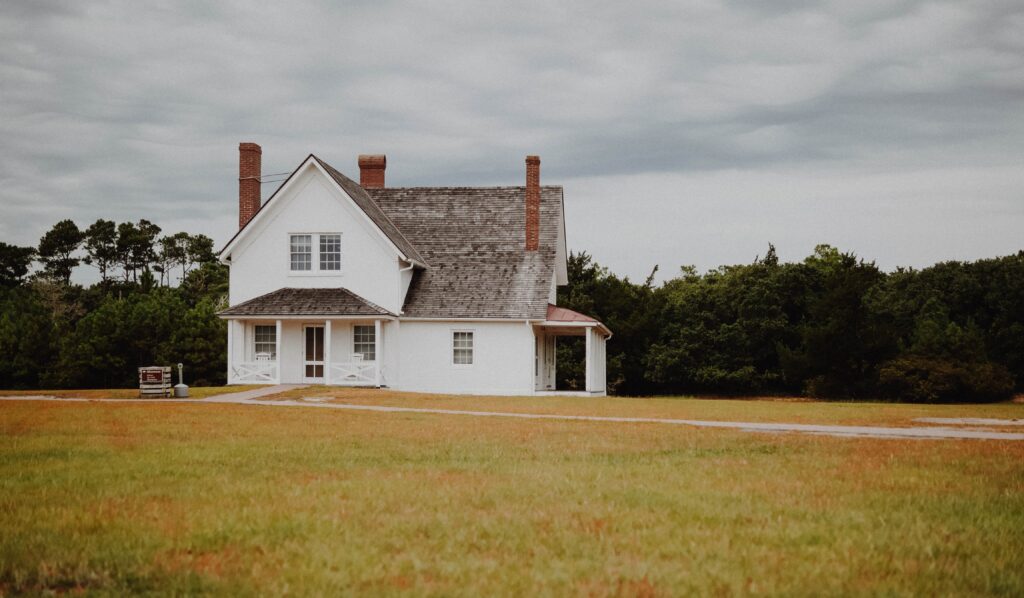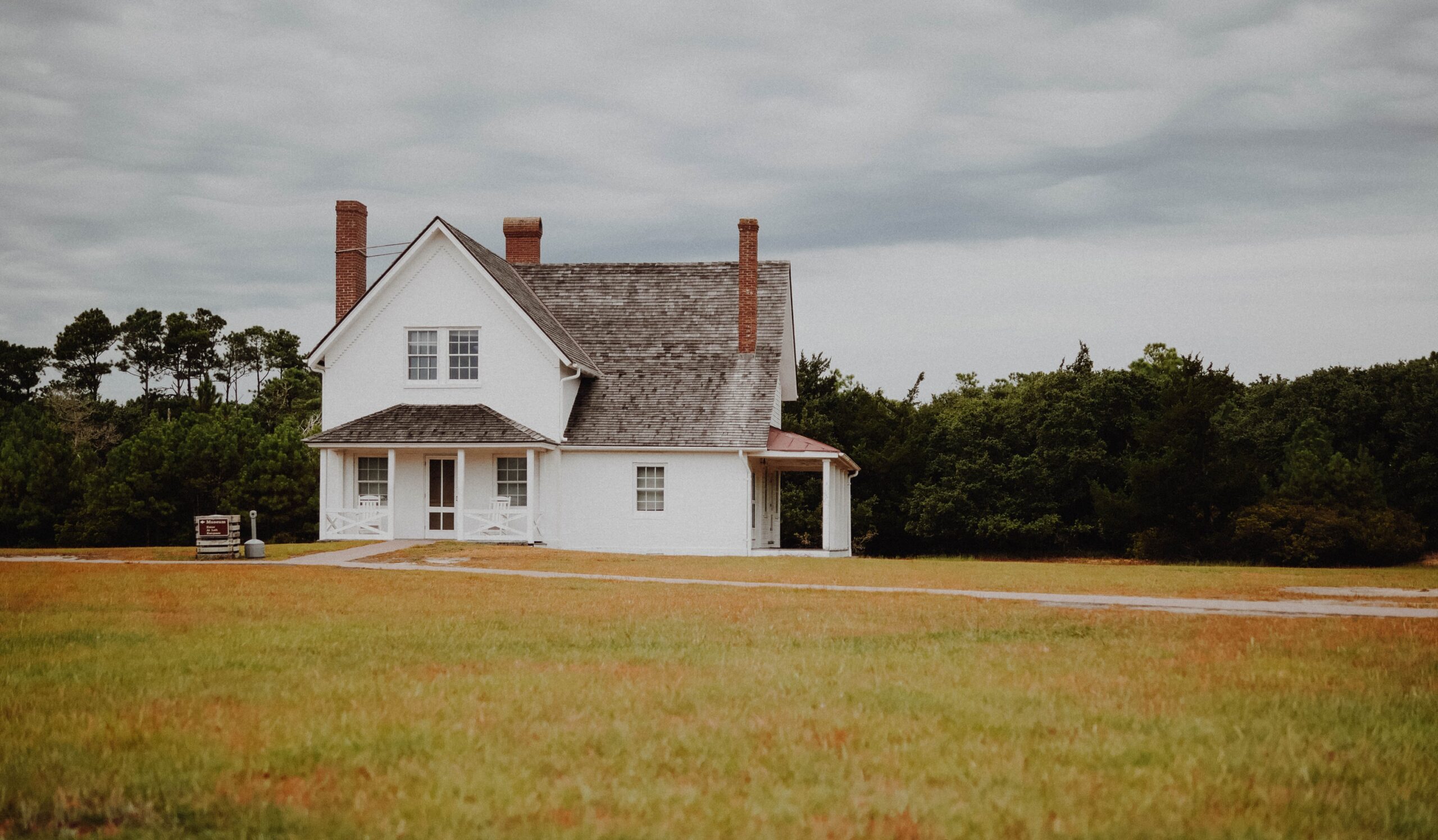When Home Isn’t Where You Left It

I think of South Dakota, the place I left on my way to college, as Garrison Keillor’s Lake Woebegone: “The little town that time forgot and the decades cannot improve.” But, as I found on my visit last week, time has not unremembered my old home. It’s both the same as ever, and yet dramatically altered.
The old family farms have been bought up and merged into Big Ag. Chains and Big Boxes have pushed out much of the local color. Billboards along cornfields warn young people about the subtle dangers of fentanyl. The Baptist, Lutheran and Nondenominational churches I knew so well have shed their white clapboard buildings for windowless “Worship Centers.” The sign near Mitchell for the “McGovern Legacy Museum” was a sure sign of how politics have shapeshifted.
We tend to think of home as the place we wander from—the place that stays the same, while we are invariably twisted and honed by the relentless winds and currents of life. But it’s not true. Everything changes, and that’s a good thing—even a God thing.
That truth registered with me on this return visit, even though I’m usually overcome with nostalgia as soon as I see the flat land from the plane window. I used to come home and feel like a changeling in a changeless Brigadoon, which always left me feeling like I had somehow betrayed the old place by changing. This time, for some reason, I saw how nothing stays where we nail it down, not even home.
I now believe that changing—our thoughts, our convictions, our hopes, our sure identity—is the only way to keep up with our ever-shifting home. I know it’s the only way a soul grows. Somehow—despite the Bible’s endless tales of a God who is doing something new, often something scandalously different that the devout of the age cannot understand or abide—we have pictured God as immutable. Whereas what God shows us is how never to dig in our heels, refusing to budge when everything in our lives is saying: Go. Now. The center has shifted. It’s time. What is ahead will be different, not perhaps what you wanted, but God is already there, waiting for you.

Oh, David, you hit one out of the park with this essay. I so identified with it, both the concept of leaving and returning to your hometown roots, and the idea of becoming the person God calls you to be, with all its changes. Thank you for doing your magic with words to leave me with something to contemplate. I always said that your homilies were like going for a walk in the woods or on the beach and picking up a shell or a pine cone or stone to put in your pocket and when next you put that jacket on and stick your hand in your pocket, finding the talisman and remembering. You are so good at that!
Thanks, Sandy—there may be folks who go back home and feel like they just fit right back in, but I don’t of any.
What a beautiful bone to gnaw. You have given me wonderful reasons to, “Go. Now!” To dissect the beauty of change while embracing memories. Thank you for another blessing.
Yes—we can name the changes, and yet still embrace the memories, as you say.
David, you hit the nail on the head!!
Thanks, Ellie—I’ll keep hammering…
Returning home I realize I have everything figured out. Sadly, it was for another time and like me, they have moved on.
Yup—you see clearly. As I tried to say in this piece, that can feel like a big disappointment, unless we can somehow welcome change. That’s pretty much the only real goal of spiritual life, I think—to accept whatever this moment is offering us, even when it’s not what we want.
I like your definition of spirituality in your reply to the last comment. (Oh boy acceptance is just everything, isn’t it?) Going to keep that. Love this essay and I especially like the idea of God changing. Thank you as always.